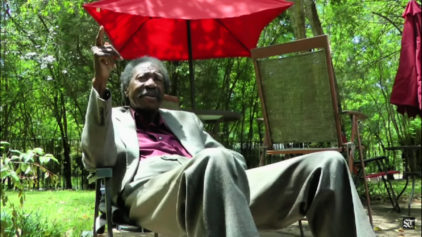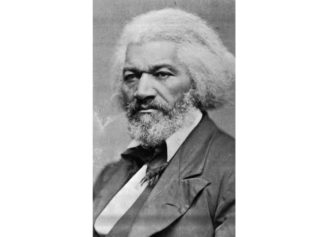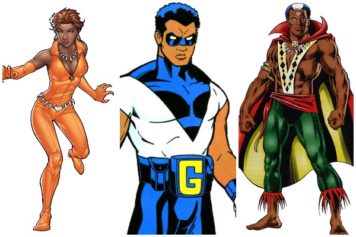Even a laudatory obituary by Pulitzer-winning journalist Robert D. McFadden in the New York Times doesn’t do justice to the life and times of Will Campbell, a civil rights activist unlike any other.
McFadden’s tribute emphasized Campbell’s evident contradictions — “he was a civil rights advocate who drank whiskey with Klansman.” But the essential truth of the man’s life is that he was an enormously important civil rights figure because of the color of his skin (white), because of the manner in which he migrated to the movement, and because of the crucial role he played as a conduit for information from one racially isolated community to the other.
David Halberstam, in his masterful book, The Children, recounted the dignity and courage with which Campbell acquitted himself in the early years of the civil rights movement:
One of the first things Will Campbell did when he came to Nashville was to go to the local NAACP office and join up; as he crossed the street to enter the building which housed the office, he still felt enough of the fear generated by his experience in Mississippi that he instinctively stopped and looked around for possible police informers or cameramen outside, men stationed there to record the doings of the state’s enemies.
Later, as he left the office, he found himself again looking back over his shoulder to see if anyone was watching him or whether he was being followed or filmed. The Mississippi twitch, he called it. In Mississippi, his superiors had always kept a close watch on him. Because he was rumored to be a secret integrationist, there had been informers everywhere. An Ole Miss student had come by at the end of each day to collect the used carbons from his office so that authorities — Campbell was never sure which ones — would know to whom he had written that day and what he had said.
Read More: theatlantic.com


